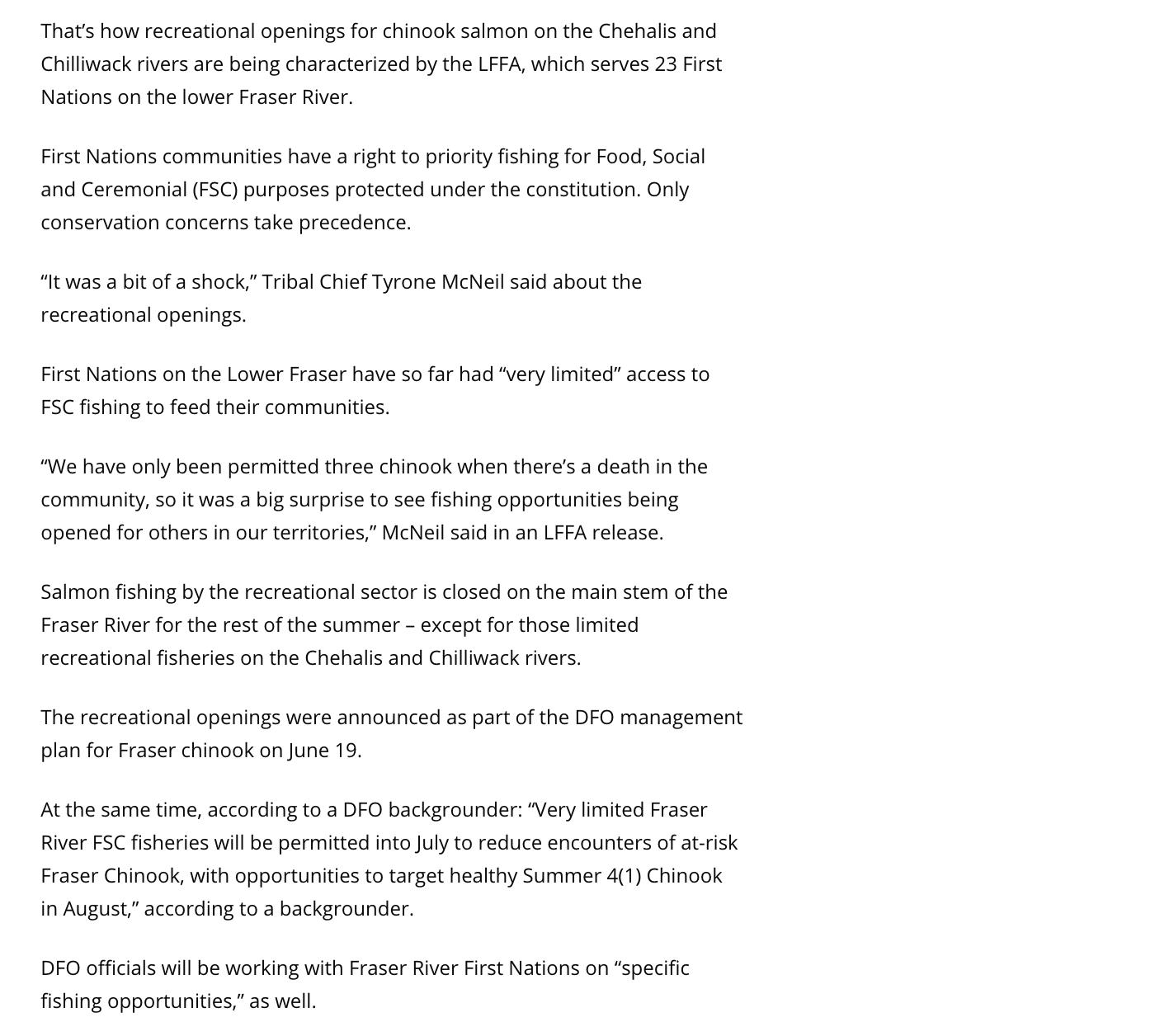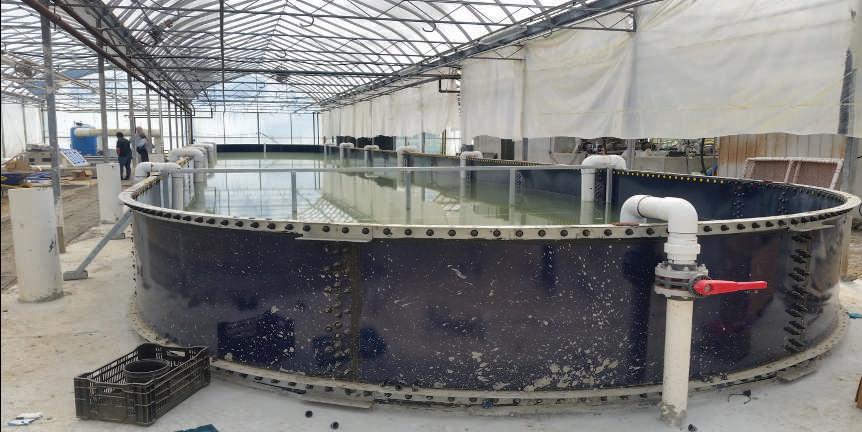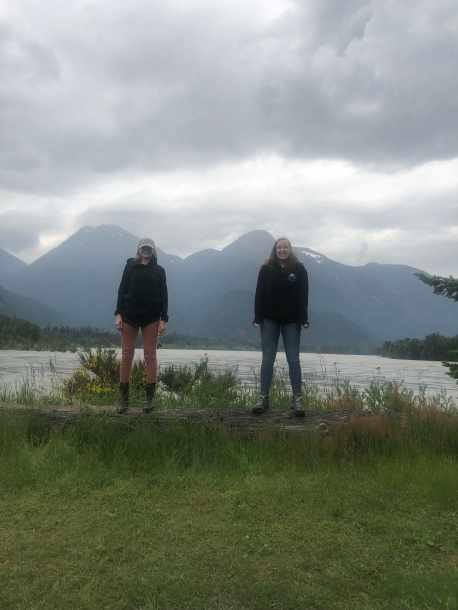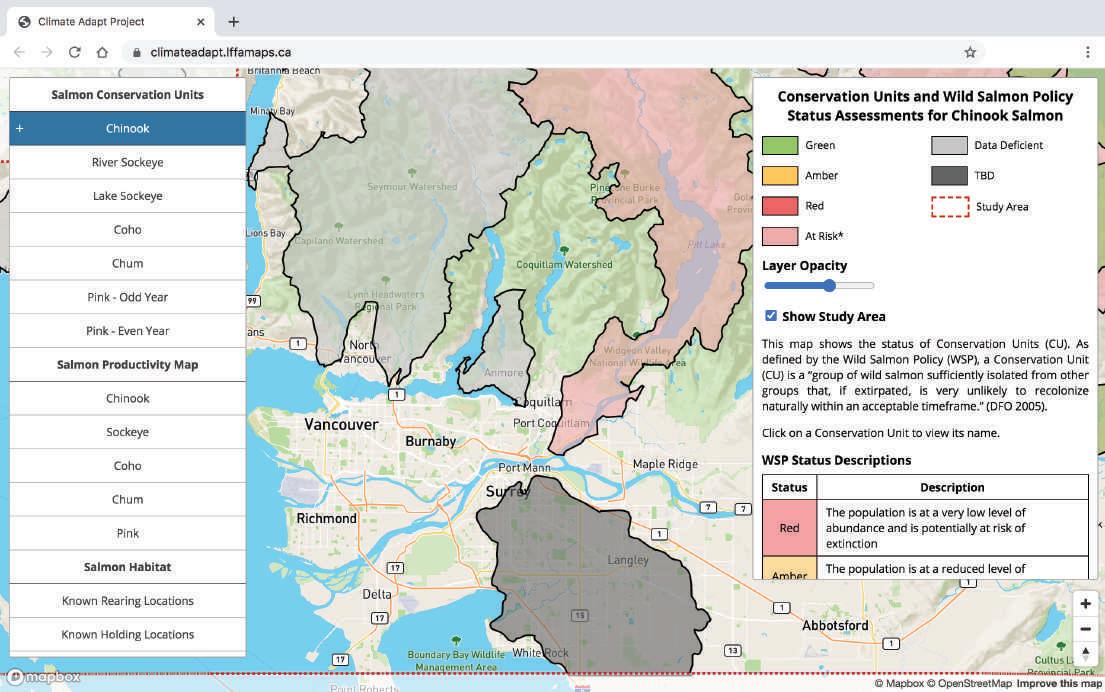
4 minute read
Message from the Executive Director
Murray Ned
COVID 19 remained one of our main focuses in terms of how we continued to engage with our leadership and Nations, DFO, the Province and Tier 3 stakeholders this quarter. The pandemic continues to have an impact on our programs and the ability to meet deliverables. We were grateful for the flexibility offered by some of our funders, who worked with department leads to extend some deadlines.
Advertisement
Processing year-end and the audit work was different this year, with social distancing measures in place and the addition of new auditors, Manning Elliot, working with our staff. We successfully executed another LFFA AGM approving the audit and 2020/2021 work plan and budget in June. The LFFA Strategic Plan (2020-2023) and Organizational Review was approved near the end of 2019 by our Nations and I embrace the implementation of those important mechanisms.
Our relationship with DFO continues to be tested severely by Ministerial decisions on Chinook which do not respect conservation and our FSC priority access to passing stocks. Frustratingly, recreational Marine fisheries continue to intercept Fraser-bound chinook stocks of concern and have been fishing since the beginning of the year.
Our communities have been advised by DFO not to expect to fish until August, and tensions rose last month when they announced Recreational July openings in the Chehalis and Chilliwack River systems. On a positive in-season note, the spring Eulachon fishery went rather well; an abundance of fish showed up and many communities were able to share amongst their members.
LFFA continued its assessment fishery but was challenged with being under-resourced.
Externally:
The LFFA has been monitoring the progress of the Fraser Salmon Management Council and Board to develop and solidify how that working relationship will develop. There have been delays in DFO populating the technical committee, which is critical to supporting the science and data that is used for the annual Integrated Fisheries Management Plans and in-season fisheries planning.
Lower Fraser First Nations removed themselves from the Southern BC Chinook process which became a Tier 3 engagement similar to the former Chinook Strategic Partnership Initiative. This did not respect the requirement for a Tier 2 process which reflects government to government interaction.
The Lower Fraser Collaborative Table comprised of Lower Fraser Recreational, Commercial (Area E) and First Nations executed a Letter of Understanding in 2019. The goal for 2020 is to secure funding to develop the structure and working relationship such as Terms of Reference.
The relationship amongst the parties in recent years has been a challenge due to the major decline salmon and an inability to harvest routinely on the Fraser Mainstem. This is exacerbated by the recreational community then focussing on the tributaries in the territories of the Nations. There needs to be a venue to have the discussions to protect the salmon and consider what feasible options exist for harvesting purposes.
DFO Conservation & Protection introduced a new option to the LFFA. There were two cases where illegal eulachon fisheries took place, one involving repeat offenders, giving a high incentive for DFO to seek support for formal charges. They reached out to our leadership and requested an impact statement from Lower Fraser First Nations to describe the importance of eulachon to our communities and the challenges that illegal fishing poses on the resource.
LFFA walked cautiously through the review, including seeking legal counsel, and the leadership endorsed proceeding with an impact statement. The outcome could be that some of the proceeds of the charge could be re-invested into the management of eulachon, including the LFFA assessment fishery that has been challenged with finding annual funds. This is very new and a pilot for the organization and the Nations, and we look forward to what may transpire.
My closing remarks are both operational but political in nature. I continue to have major concerns with the Lower Fraser First Nations' inability to influence the Salmon Integrated Fisheries Management Plans (IFMP) and the Pacific Salmon Treaty. Integration (Recreational, Commercial, First Nations, Conservation Groups) does not respect our Nations' requirement for government to government engagement and decision making. First Nations contribution to the IFMP are reconciled by the Minister and senior staff as part of the Recreational and Commercial recommendations which is often driven by socioeconomics, and to a much lesser degree, conservation.
The Pacific Salmon Treaty is an International obligation negotiated by the US and Canada every decade. While some First Nations participate at the PSC FN Caucus, they do not represent BC First Nations’ interest but rather Canada's. This regime and practice contradicts the United Nations Declaration and Rights on Indigenous Peoples and Canadian domestic obligations to First Nations.
DFO and Canada have some major reconciliation initiatives that need to take place as neither of the structures of the IFMP or PST were consulted on previously. In the meantime, collectively we all have a major salmon crisis on our hands to deal with.
In Unity,
Murray Ned Executive Director Lower Fraser Fisheries Alliance







